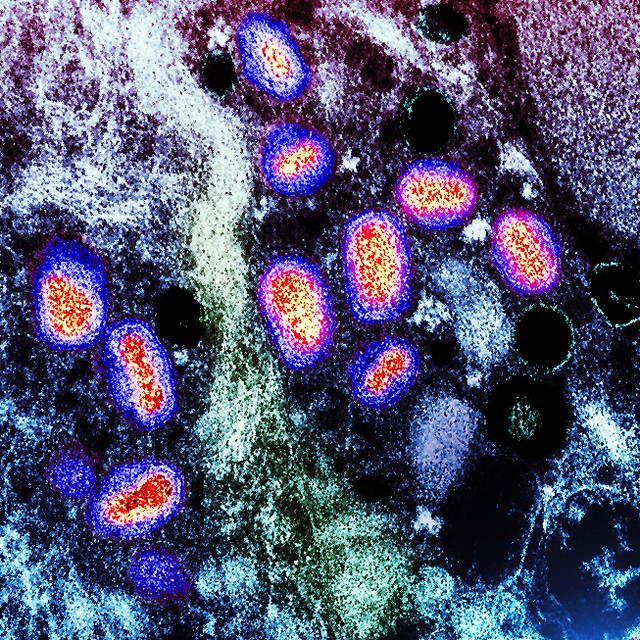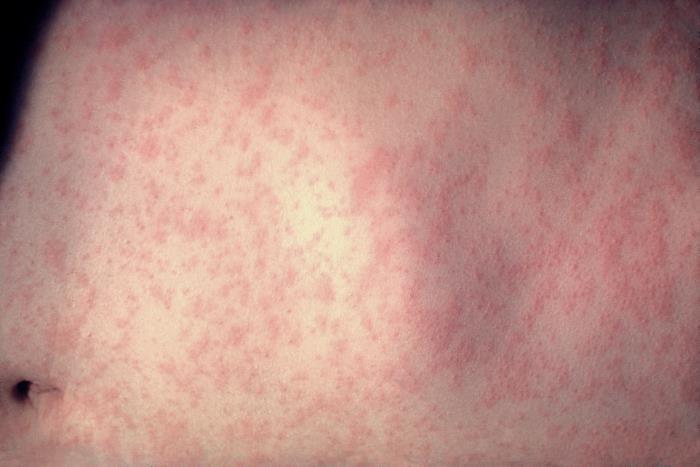African health officials are tracking an encouraging decline in some of the region’s most recent mpox hot spots, including Sierra Leone, which over the past few months has reported a surge that came with spread of the clade 2b virus to some West African nations.

At an Africa Centres for Disease Prevention and Control (Africa CDC) briefing on June 26, Yap Boum, PhD, MPH, deputy incident manager for Africa CDC's mpox response, said cases in Sierra Leone made up 41% of mpox cases in Africa the previous week, down from 63% a few weeks ago.
Though Boum urged caution in interpreting the trends, he said that countries are battling different viral clades, have implemented different measures, and are seeing different social behaviors in the highest-risk populations.
Sierra Leone is still averaging about 500 cases a week, and a high test-positivity rate (91%) suggests that more active surveillance efforts are needed. Boum said that Africa CDC will deploy 200 community health workers to help with active case detection and contact tracing.
A consistent downward trend has also been reported in two other epicenters, the Democratic Republic of the Congo (DRC) and Uganda. Boum said testing remains a challenge in the DRC, where 97.5% of cases are reported from six of the country’s provinces. Uganda’s cases were up a bit, but the area is stabilizing, with no new cases reported from Kampala over the past few weeks.
Watching a rise in Togo
Elsewhere, Togo has reported a steady rise in cases over the last 3 weeks that prompted the deployment of an Africa CDC incident-management support team to assist with surveillance, infection prevention and control, and lab capacity.
So far, seven African countries have launched vaccination campaigns, and nearly 700,000 people have been vaccinated so far. Uganda recently received an allocation of nearly 98,000 more doses. Sierra Leone started its second round of vaccination on June 23, focusing on contacts and high-risk groups in hot spots that span the country’s 16 districts.
However, the region is still far short of its goal for mpox vaccine. In April, officials projected the region would need 6.4 million doses over the next 6 months.

_1.png)











